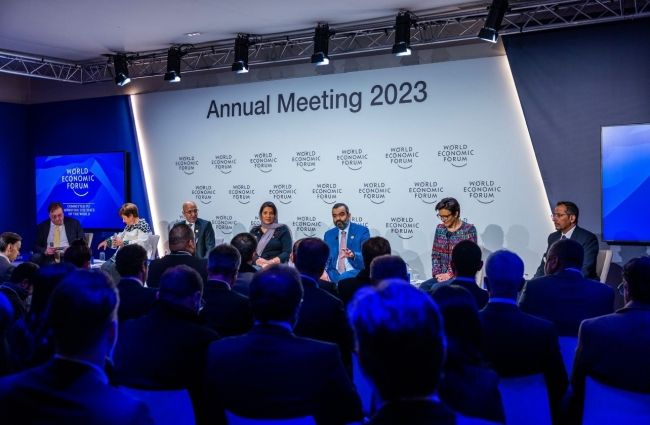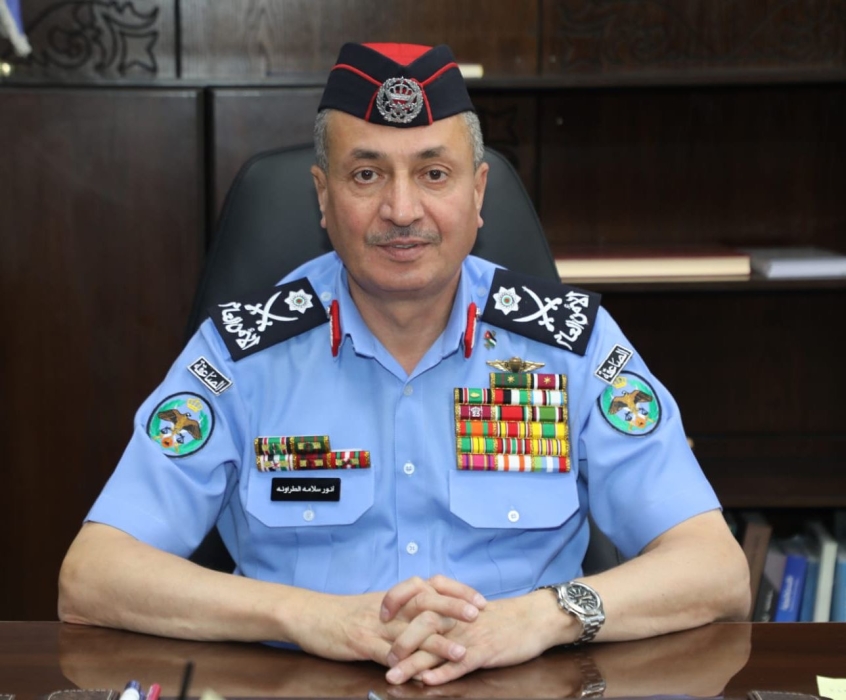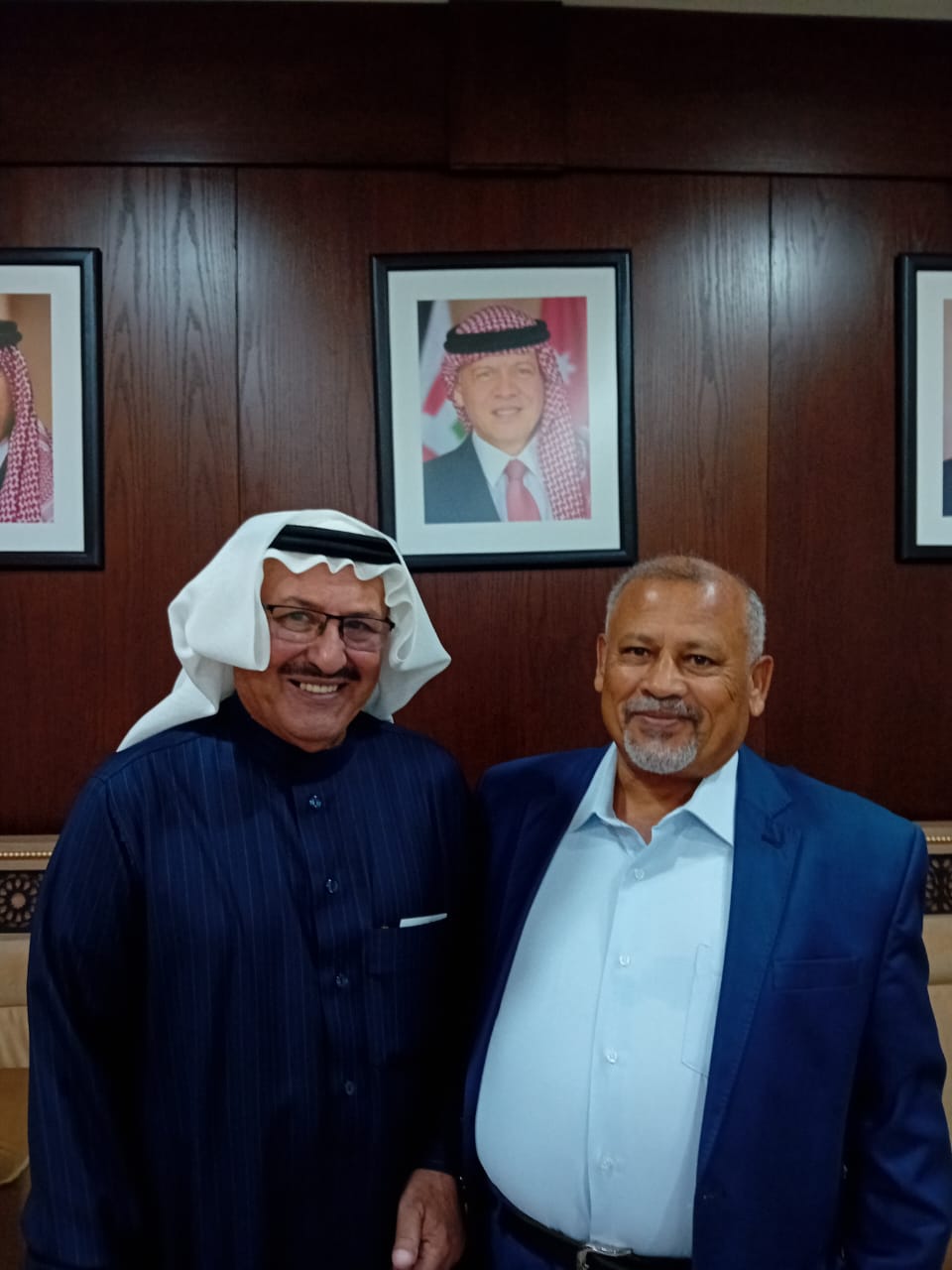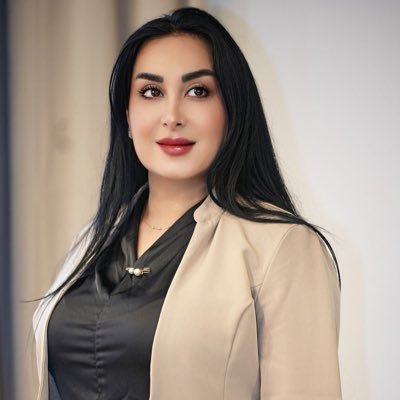
Davos-Switzerland. 18 January – The rapid economic transformation of Saudi Arabia and its global role in bringing near-term stability while driving long-term transformation was the subject of a high-level panel on the third day of the World Economic Forum at Davos. The session, titled "Saudi Arabia’s Transformation in a Changing Global Context”, featured four speakers from the Kingdom who offered their insights on how Saudi’s strategic investments, geopolitical bridge-building and industrialization are transforming Saudi Arabia into a beacon of economic optimism amid gathering macroeconomic challenges. Her Royal Highness Princess Reema bint Bandar Al Saud, Saudi Arabia’s Ambassador to the United States of America, underlined the importance of the Saudi-US relationship. "We are strategic partners, and we've stood by each other where it counts and where it matters. That’s not just good for the United States of America or good for Saudi Arabia, it creates a more stable world,” she said. His Excellency Mohammed bin Abdullah Al Jadaan, Saudi’s Minister of Finance, heralded the economic reforms ushered in by Saudi Vision 2030, in providing a pathway for the region. "Because we invested heavily in technology, we were able to seamlessly move from ‘actual’ to ‘virtual’ in sectors such as health and education,” Al Jadaan said. "Also, we saw inflation coming earlier than many people. While inflation in the world was above 8 percent in 2022, ours averaged below 3 percent.” His Excellency Abdullah bin Amer Alswaha, Saudi’s Minister of Communications and Information Technology, highlighted how the Kingdom is a reliable partner for closing global divides powered by talent and technology, explaining what the Kingdom has done to "connect the unconnected” with the Non-Terrestrial Network Program exploring how space can deliver the internet to the 2.7 billion people who don't have access. "To scale these solutions, we have laid out a roadmap with what we call the three Cs: common frameworks, collective action, and collaborative tools. We believe the Kingdom 2 / 2 can be a global force for integration and a partner of choice for bridging these divides,” he said. For his part, His Excellency Bandar Alkhorayef, Saudi’s Minister of Industry and Mineral Resources, pointed to the investment in the nation’s industrial sector and the focus on new sources of national wealth. "We are aiming to create an agile, competitive, and sustainable industrial economy. The sector is designed to fulfil local demand and ensure resilience, but export is also key. We are creating an ecosystem that is enabling the private sector to invest in the right technologies that allow our production facilities to produce beyond the global average,” Alkhorayef said. The panel also included Kristalina Georgieva, Managing Director of the International Monetary Fund, and Jane Fraser, CEO of Citi. Georgieva said: "When I visited Saudi Arabia, I was incredibly impressed by the progress that the country has made in implementing Vision 2030 and becoming a bright spot for the world economy.”












